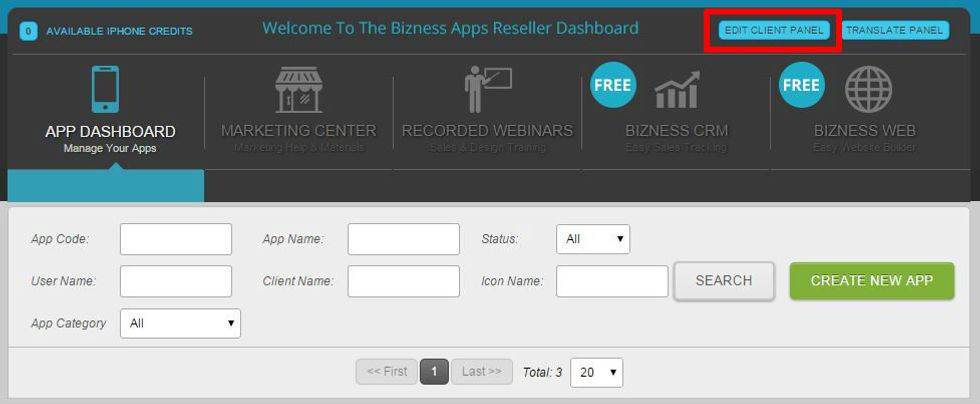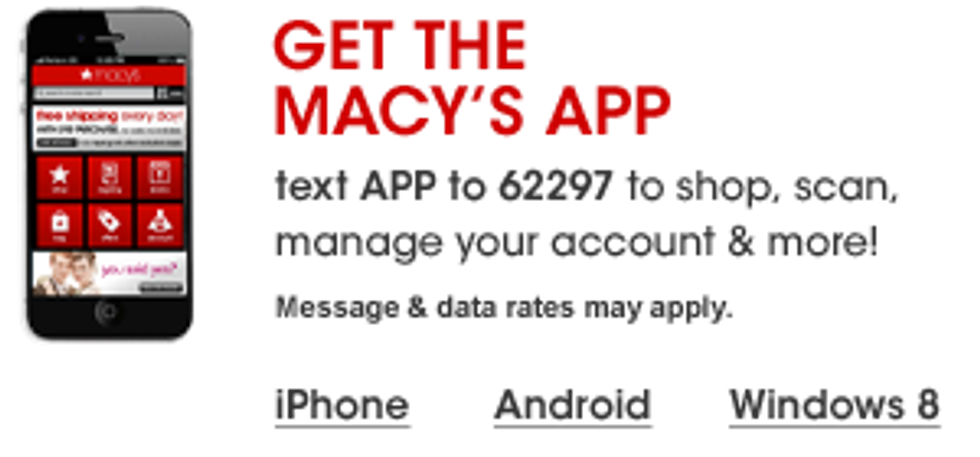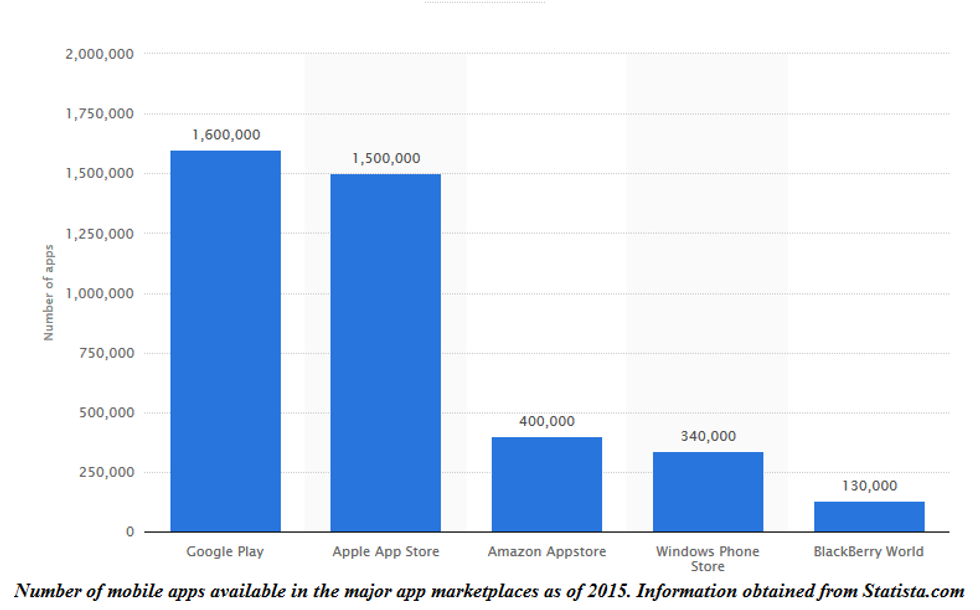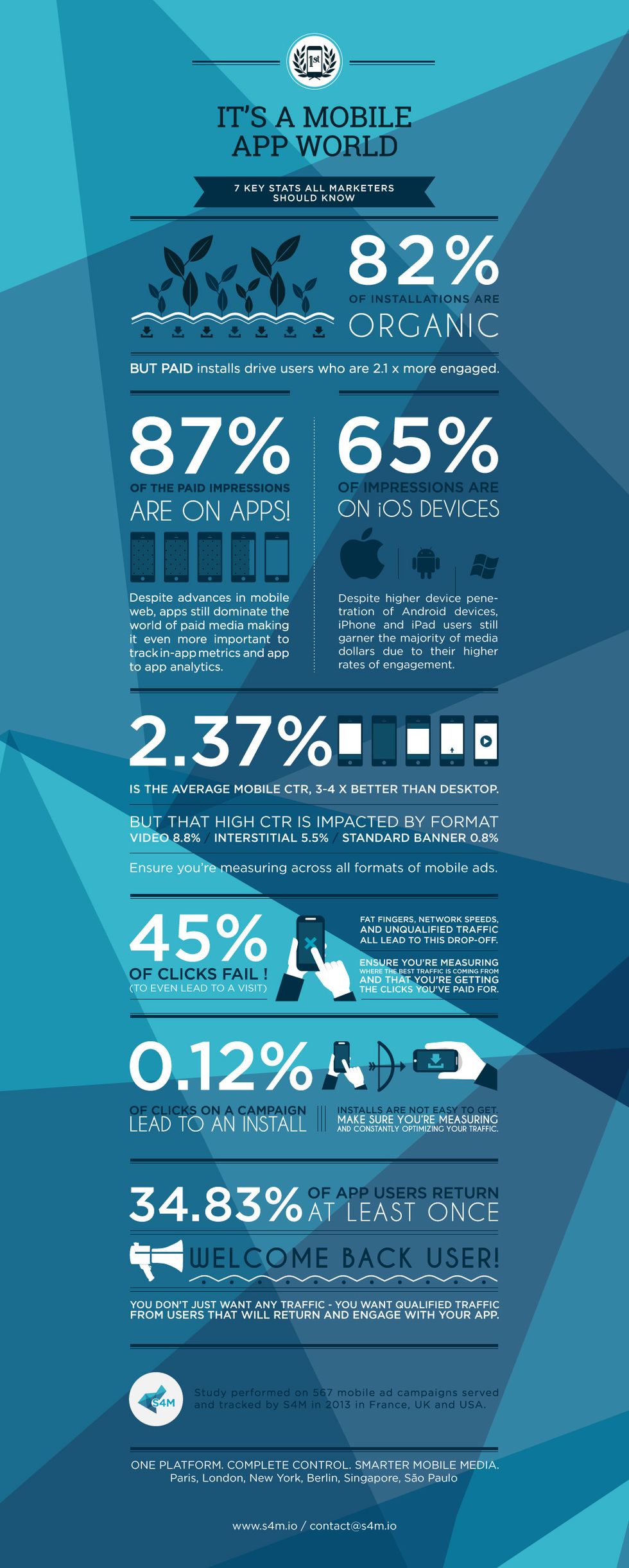
Yes, Your Business Absolutely Needs a Mobile App—And Here’s Why
Mobile applications: the “merit badges” on our smart phones. The icons that we press to take us into a different world. From shopping to video games, mobile apps have opened a whole new world for many niches, including marketing.
As of July 2015, there are more than 3.1 million downloadable apps. This figure only takes into account the apps on the two largest platforms: Google Play and Apple App Store. This does not include Blackberry, Amazon, or Windows Phone Store, which bring in close to an additional 1 million apps combined.
If you are looking to corner any market online, you need to take advantage of mobile apps. The advantages of having them on your side are just too many to ignore.
Looking at the Numbers
I love statistics. They are one of the easiest ways to prove a point, which is what I am trying to do with this article.
According to comScore, 46 percent of shoppers are less likely to comparison shop if they are using a mobile app. This is huge if you are trying to earn the business of the 81 percent of consumers who research online prior to making a purchase. So, having a mobile app will likely keep people purchasing from you rather than running off to comparison shop with your competitors.
Want some more stats? Here is an infographic from Visualistan:
Outside of statistics, industry players are pushing more people into mobile apps. For instance, take a look at how Apple tried to disrupt mobile search with iOS 9.
Released in September 2015, iOS 9 had many updates, the most notable change being how Apple indexed searches on mobile devices. The change brought about displaying more mobile applications in search results, somewhat harming content marketers who did not make use of mobile applications to push their content.
This change with iOS 9 allowed those with applications to rank higher than those without. As mobile search has now overtaken desktop searches, don’t expect app indexing to go away anytime soon (if at all).
So What’s the Next Step?
Don’t have an app? Then you need to build one. Years ago that meant hiring a developer and paying a hefty price just to get one up and running. That is no longer the case.
Many people are turning to online app builders such as Bizness Apps which allows people to create their own mobile applications. Such services allow people to quickly build mobile apps without the need for coding experience; after all, if it is not something that can be done easily, do not expect many people to do it.

If you already have a mobile app, or plan on making one, you also need to make sure to market the app itself. Simply having one is not going to make people use it. Make sure to include it in all of your marketing materials—it is the same as telling people to like your Facebook page or follow you on Twitter.
Think about it. Can you go into a Macy’s without seeing signage telling you to download its app? Hey, some retailers even give you an incentive (e.g., coupon or other discount) for downloading their apps. These retailers are the ones that are aware of the “46 percent” statistic mentioned earlier: "get them on your app and they are less likely to shop around."

Updating your app is also important. If you do not keep it up-to-date with content, do not expect people to use it on a regular basis. You need to give people a reason to use it; fresh content is one way to do that. You also want to make sure the app is updated to be compatible with any software updates of the operating system pushing it (Android, iOS, etc.).
Finally, embrace the app. You should be proud that you have it and be willing to tell everyone about it. Make sure to take advantage of things such as collection of data. You can then use this information for further marketing efforts.





